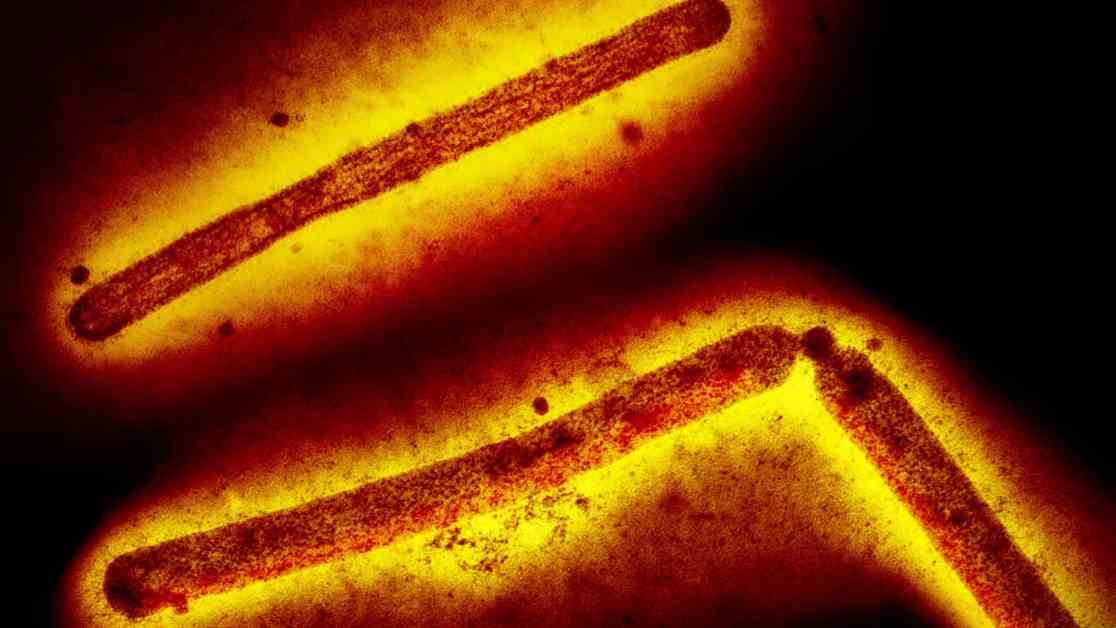Finland Takes Groundbreaking Step to Combat Bird Flu Threat
Finland is set to offer a bird flu vaccine to select groups of people who are at risk of exposure to an avian influenza strain that is spreading among farmed and wild animals. This move could potentially make Finland the first country in the world to take such a proactive step in response to the growing concerns about the virus’s threat to humans.
The vaccine campaign will target specific groups, including poultry farmers, veterinarians, scientists studying the virus, and workers on fur farms where outbreaks have occurred. Health officials in Finland are awaiting the arrival of 20,000 vaccine doses and plan to administer them as soon as they are available in the country.
The decision to provide vaccines reflects concerns that individuals in close contact with infected animals could potentially contract the H5N1 virus. While the virus currently does not pose a significant threat to humans, experts worry that as it infects more mammalian species and encounters human cells, it could evolve into a more dangerous form.
Finland’s initiative comes as the United States grapples with an H5N1 outbreak among dairy cattle, a species previously thought to be immune to the virus. Although there have been confirmed infections among dairy workers, the cases have been mild with no evidence of transmission to others. This highlights the risks faced by individuals in contact with infected animals.
Other countries are also considering deploying H5 vaccines or securing vaccine supplies. Finland’s decision to use the vaccine sets it apart as a leader in taking proactive measures against avian influenza.
The vaccine to be used in Finland is based on a different avian influenza virus, H5N8, but experts believe it will provide protection against H5N1. The vaccine has been authorized by European regulators and is designed to elicit immune responses that can guard against avian influenza.
While vaccination of at-risk individuals is crucial, experts emphasize the importance of broader measures to limit virus transmission among animals. Efforts to improve the use of personal protective equipment on farms and prevent the circulation of the virus are essential in combating the spread of H5N1.
The global expansion of H5N1 in recent years has raised concerns about a potential pandemic threat. Finland, in particular, has faced outbreaks on fur farms, with mink being a particular concern due to their similar cell receptors to humans. Enhanced surveillance measures have been implemented to monitor the virus’s spread among farm animals.
As the world continues to grapple with the challenges posed by avian influenza, proactive measures like vaccination and enhanced surveillance are crucial in mitigating the risks associated with the virus.
**Biography:**
Information about the person related to the article would be included here.





















